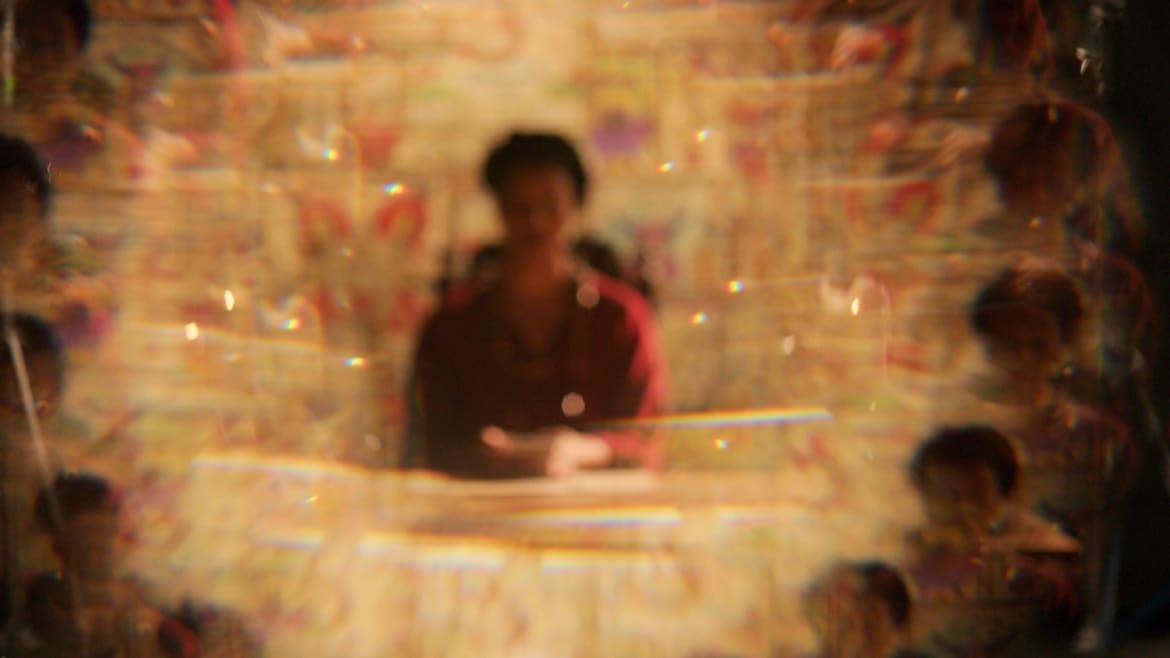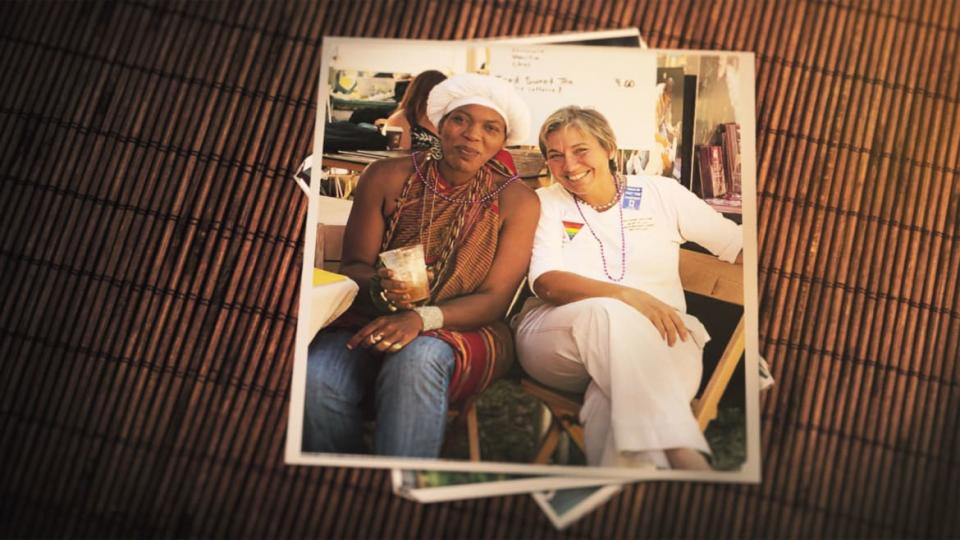‘Call Me Miss Cleo’ Goes Way Too Easy on the Scamming TV Psychic

- Oops!Something went wrong.Please try again later.
- Oops!Something went wrong.Please try again later.
Eventually, every piece of pop culture minutia will receive an additional 15 minutes of fame via an in-depth documentary, and on Dec. 15 that spotlight shines on Miss Cleo, the late psychic whose TV infomercials were a ubiquitous presence between 1997 and 2003. Call Me Miss Cleo, however, proves to be a surprising non-fiction venture—for all the wrong reasons.
Directed by Celia Aniskovich and Jennifer Brea, Call Me Miss Cleo revisits the rise-and-fall saga of Miss Cleo, whose career took off thanks to small-screen spots for the Psychic Readers Network (PRN), a call-in service that let consumers speak to a fortune teller for free for the first three minutes, and at a predatory $4.99/minute rate afterwards. “Call me now!” she exclaimed at the end of each ad in her trademark Jamaican accent. For a time, countless Americans did, in the process turning Miss Cleo into the face—and star—of a flash-in-the-pan psychic hotline trend that swept the nation. Talk show appearances, merchandise, and parodies followed, many of which are amusingly revisited by this documentary, which doesn’t skimp on the old-school Miss Cleo archival material.
In that regard, Call Me Miss Cleo is as standard as such affairs come, replete with a variety of talking heads fondly reminiscing about their first exposure to the well-known psychic, whose shtick centered around her amazing tarot card-reading abilities. Raven-Symoné and Mad TV veteran Debra Wilson remember spoofing Miss Cleo during her heyday, while a collection of friends and colleagues praise her warm spirit, her big heart, and her magnetic charisma, all of which allowed her to achieve a small measure of celebrity. What’s addressed in far vaguer terms, however, is Miss Cleo’s backstory, which no one seems to know anything about—including her real name, which can’t be definitively ascertained (she used many aliases throughout her life), and even her accent, which reportedly wasn’t real.
That’s right—Miss Cleo wasn’t from Jamaica. One speaker claims that Miss Cleo was brought to America (presumably from the island?) by her mother and then given away (for unknown reasons) to Jamaican foster parents, who had an additional eight to nine kids in their home. This, however, doesn’t jibe with the fact that her birth certificate states that she was born in Los Angeles. There’s also considerable conversation about the “trauma” that Miss Cleo endured as a child, during which time she attended an all-girls boarding school and was, according to one ex, possibly abused at the age of 11 by a “family friend.” Indefinite doesn’t begin to describe the details provided here; apparently, just about everyone who loved and cared about Miss Cleo didn’t know much about her history, save for some hazy distress that, they assert, was the guiding motivation behind the creation of the Miss Cleo “character.”

Despite avoiding specifics when it comes to Miss Cleo’s origins, Call Me Miss Cleo takes seriously the notion that she was a very damaged person—the better, it turns out, to justify both its defense of her as an innocent victim, and its celebration of her as a legitimately talented psychic. It’s up for debate which of those threads is more preposterous, but they dominate the documentary. According to Aniskovich and Brea’s interviewees, Miss Cleo channeled her pain and suffering into a psychic career designed to help people in need, and therefore her partnership with PRN was actually born from noble aims. She was just an altruistic soul using her “expertise” for the betterment of society—no matter that multiple PRN colleagues admit, on camera, that the entire operation was a total scam in which they read from a stock script and sought to keep callers on the line for as long as possible to maximize revenue.
“What she gave us is better than anything in the world that you could desire to accumulate: wisdom,” says one friend. “She gave you the truth,” declares another admirer. In a 2012 interview, Miss Cleo herself asserts that she never misled people because what she said on TV was “real.” Somehow, Call Me Miss Cleo buys all of this, promoting the idea that the psychic was authentic. Moreover, it casts her as a casualty of cruel and exploitative PRN bigwigs Steven Feder and Peter Stotz, because they used Miss Cleo to profit off the pain of their callers. Feder and Stotz’s own wrongdoing is incontrovertible, but it’s laughable to contend—as the film does—that Miss Cleo shoulders no responsibility for aiding their heinous conduct by serving as the company’s spokesperson. She was front and center as the business’s chief charlatan, and the attempts to argue otherwise are so disingenuous that they’d be insulting if they weren’t so patently ridiculous.
Wilson discusses Miss Cleo with a self-seriousness that’s wholly inapt for a con woman. Raven-Symoné mugs like crazy while implying that Miss Cleo was simply a strong Black woman wronged by typically greedy white men. And the proceedings’ final third is dedicated to profiling Miss Cleo’s post-PRN days as a gay rights advocate and then as an out-and-proud lesbian woman. That focus allows the film to further accentuate Miss Cleo’s positives as a means of obscuring her negatives. In truth, though, no one involved seems to think that Miss Cleo—who died in 2017 at age 53 after battling cancer—really did anything wrong, because they view her as an honest-to-goodness psychic who communed with the dead and could see people’s futures.
Even those who know that Miss Cleo was shady—namely, the artists she worked with, and stole money from, at Seattle’s Langston Hughes Performing Arts Institute, where she initially concocted the Miss Cleo character—work overtime to say something kinda-sorta nice about her because, well, that’s this project’s overriding slant. The only time Call Me Miss Cleo operates with a clear head is during a brief analysis of why people so readily believed Miss Cleo compared to other psychics (the answer: she tapped into comforting mammy and island-voodoo stereotypes). Yet that inquiry proves merely a brief respite from the otherwise sympathetic portrayal of Miss Cleo as an “enigma” who shouldered lots of “wounds” and was “completely silenced” but still managed to be a beacon of hope, positivity, and courage that inspired everyone who knew her—and, presumably, those lucky enough to actually get through to her on the phone.
Call me unconvinced.
Get the Daily Beast's biggest scoops and scandals delivered right to your inbox. Sign up now.
Stay informed and gain unlimited access to the Daily Beast's unmatched reporting. Subscribe now.

